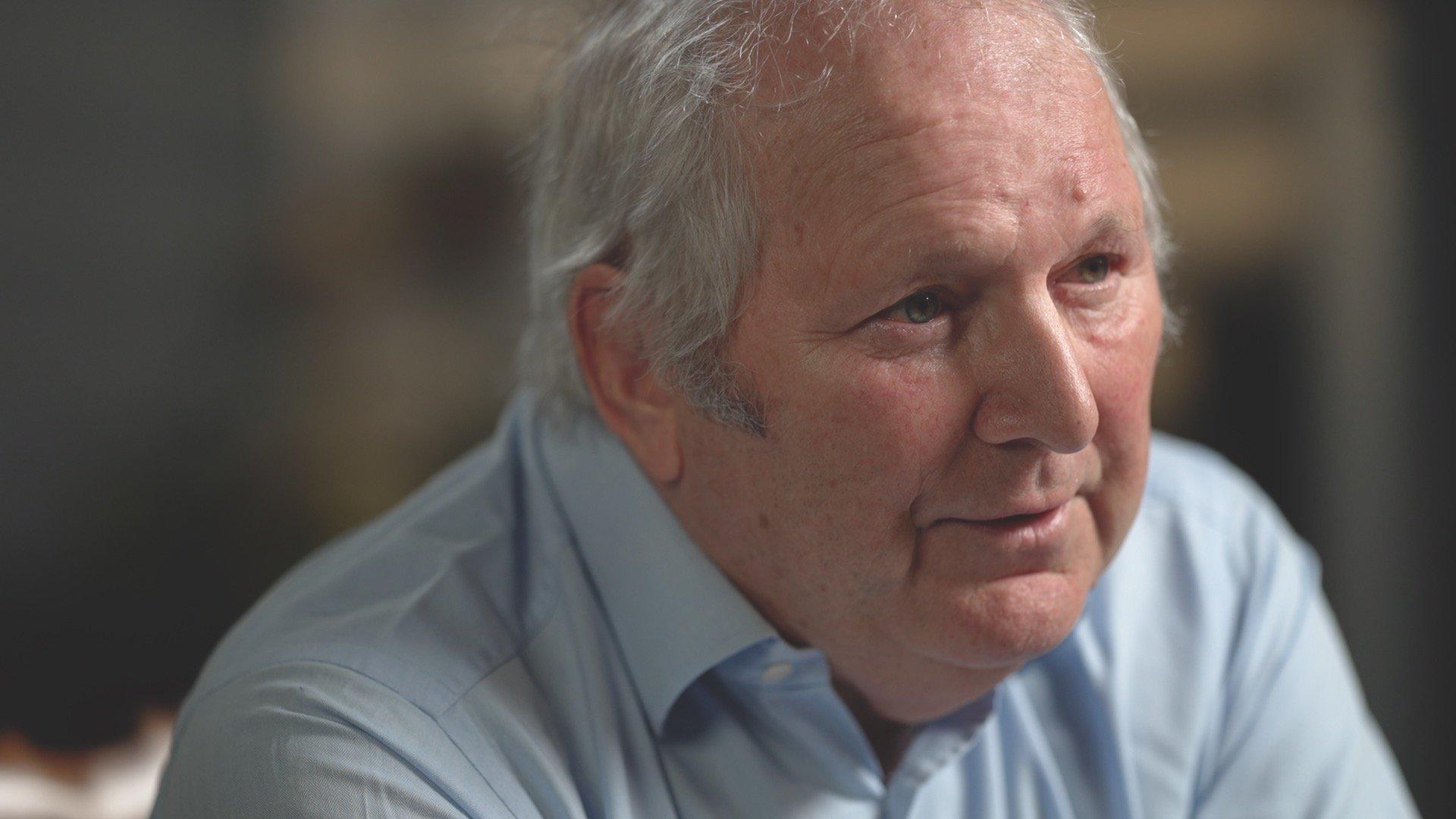University Hospitals Birmingham: Whistleblowers fear no change at 'toxic' NHS trust
- Published

A culture of bullying and fear was uncovered at hospitals in Birmingham following a BBC investigation
Whistleblowers who first revealed a toxic environment at one of England's largest NHS trusts say they do not believe crucial changes will be made.
In a letter, they said families who suffered due to management failings at University Hospitals Birmingham (UHB) "have every reason to feel let down".
Investigations have been examining UHB after staff told the BBC a climate of fear put patients at risk.
The hospital trust declined to comment on the letter.
The letter was written by three doctors to the Labour MP For Birmingham Edgbaston, Preet Gill, who is heading a cross-party reference group on the trust.
The consultants, Dr Manos Nikolousis, Dr Tristan Reuser and Professor John Watkinson, first told the BBC of claims about management mistreating staff who raised safety issues.
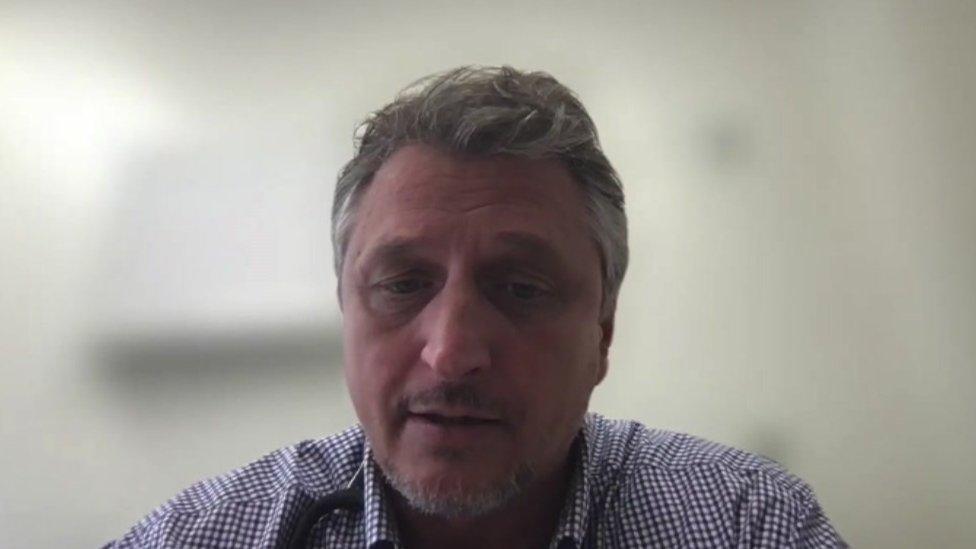
Dr Manos Nikolousis was one of three whistleblowers who wrote the letter
Since then, 150 current and former staff have come forward to tell their personal stories about the trust.
It has resulted in Professor Mike Bewick being appointed to investigate the culture and the safety of the hospital.
In June, he found found improvements had been made, but there was still "a mountain to climb".
The trust is responsible for the Queen Elizabeth (QE), Heartlands, Good Hope and Solihull hospitals, and is one of the biggest trusts of its kind in England, employing more than 22,000 staff.
In their letter, the consultants raise concerns about the appointment from within the trust of new chief executive Jonathan Brotherton and feel the management team remains largely unchanged.
"More than six months have elapsed since we spoke to you of the need to repay the debt owed to those UHB staff, patients and their families who have suffered as a result of the board's serious failings," they wrote.
"They now have every reason to feel let down."
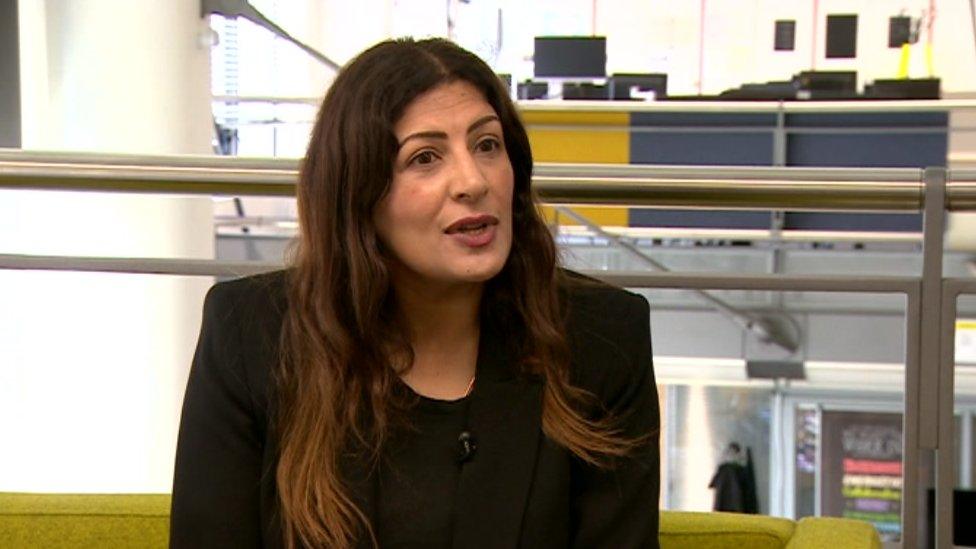
MP Preet Gill, who is heading a cross-party reference group on the trust, said the doctors were "right to ask questions"
They claim not a single executive board member of consequence has departed the trust.
Ms Gill said she had written to Mr Brotherton as she shared some of the doctors' concerns.
"They are right to ask questions. We have got to hold the hospital to account," she added.
Their concerns come as the haematology service at the trust was made subject to enhanced monitoring.
It was after junior doctors at Birmingham Heartlands Hospital reported chaos and some staff crying on a daily basis.
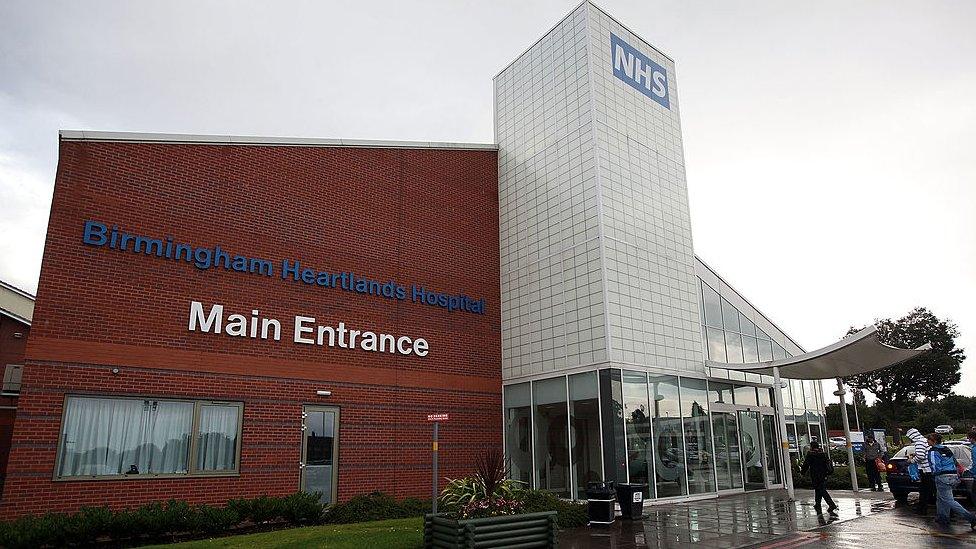
Junior doctors at Birmingham Heartlands Hospital reported chaos in the haematology service
Some said the stress was affecting their mental health, according to a report compiled by NHS England.
The trust has been told it must ensure a minimum consultant presence at Heartlands for at least five days a week.
A spokesperson for UHB said it was committed to improving the experience of its junior doctors.
"The trust is committed to enhancing the experience of all its doctors by removing unwarranted variation across their teaching and learning opportunities, and raising the quality of their pastoral, welfare and senior support," they said.

Follow BBC West Midlands on Facebook, external, Twitter, external and Instagram, external. Send your story ideas to: newsonline.westmidlands@bbc.co.uk , external
- Published30 June 2023
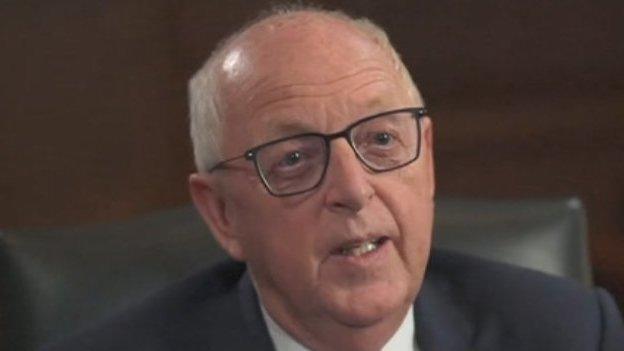
- Published29 March 2023

- Published28 March 2023

- Published11 February 2023
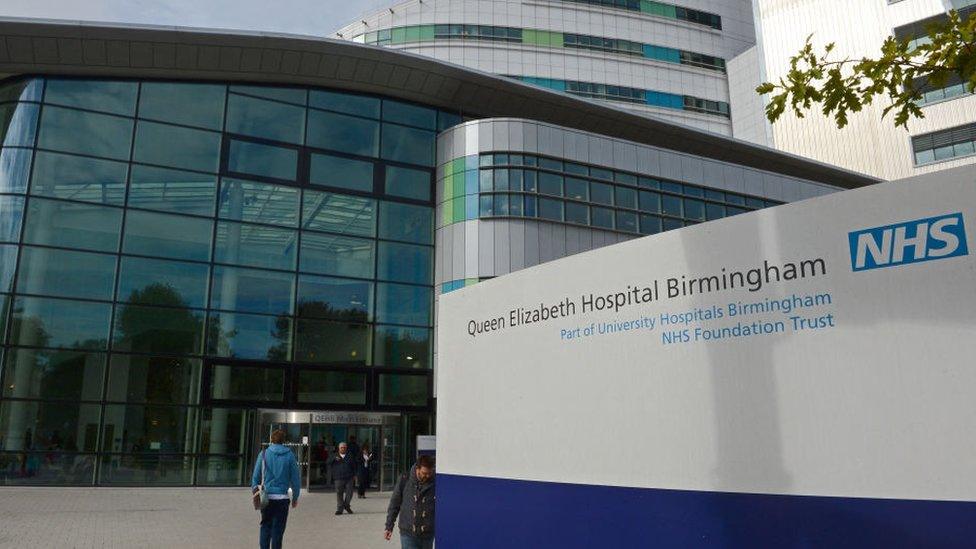
- Published13 January 2023
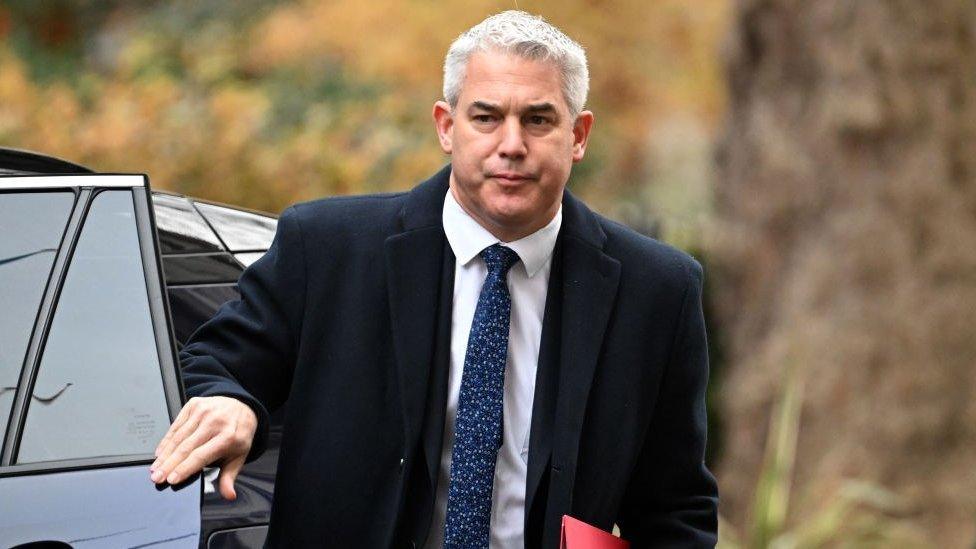
- Published13 January 2023
